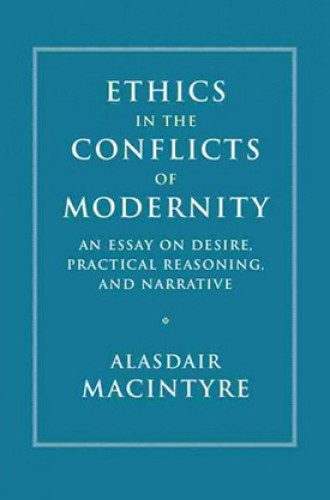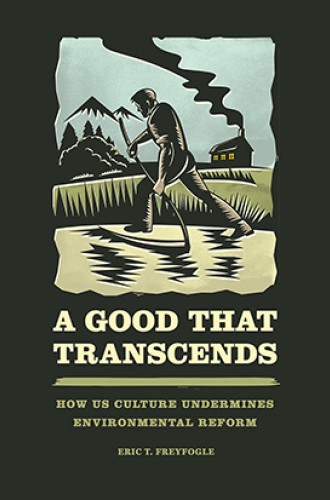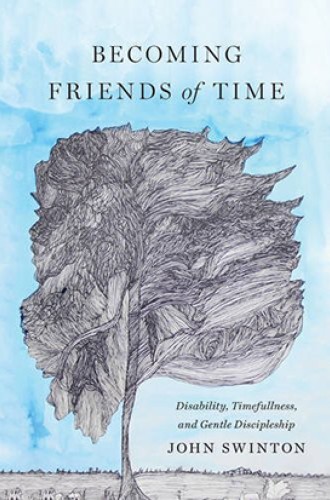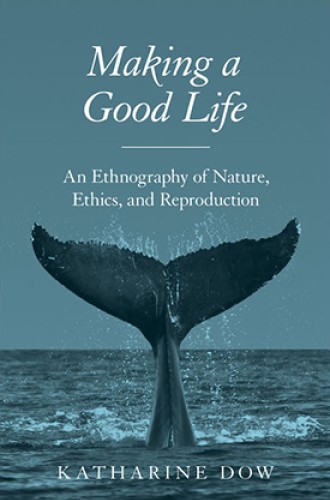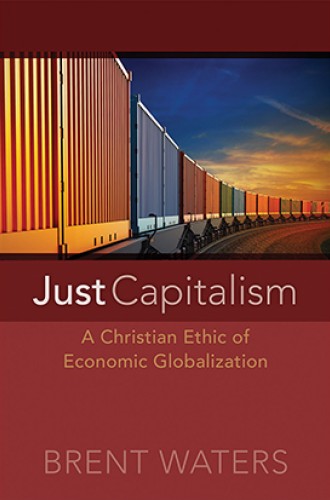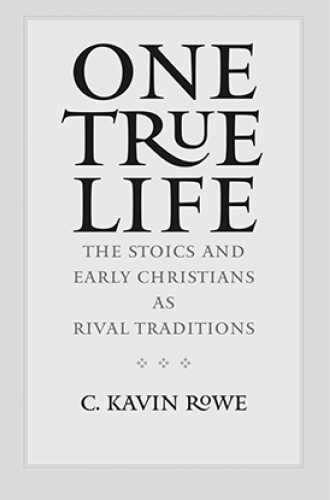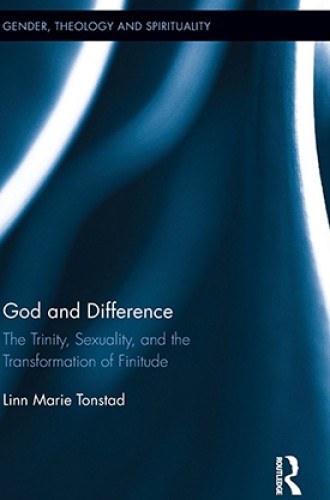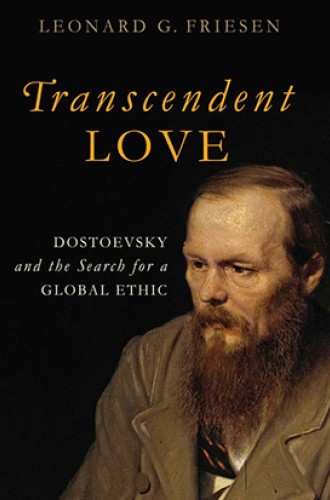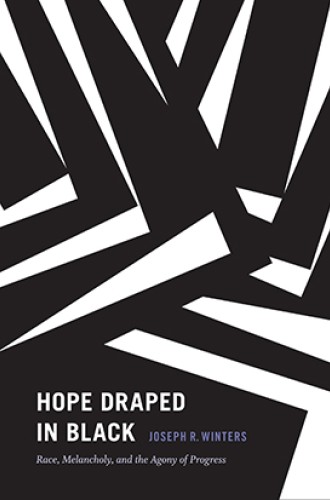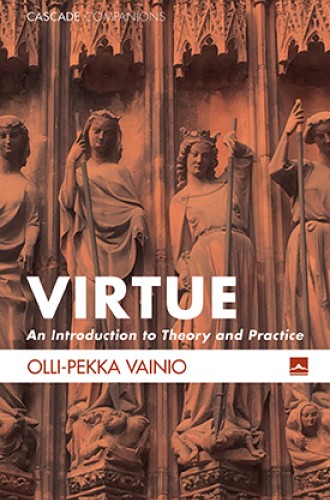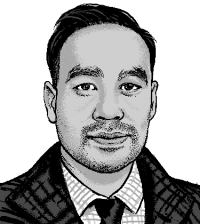Ethics in the Conflicts of Modernity: An Essay on Desire, Practical Reasoning, and Narrative, by Alasdair MacIntyre. Although nothing can replace Alasdair MacIntyre’s earlier works—After Virtue, Whose Justice? Which Rationality?, and Three Rival Versions of Moral Enquiry—his newest venture more directly and generatively presents the case he’s made over a long and distinguished intellectual career. This time he brings his long-standing Marxist commitments into a rich argument that accounts of virtue in late modernity need to address the dominating powers of capitalism. It’s as important a work of philosophy as there has been in some time and a must-read for MacIntyre’s followers, detractors, and everyone in between.
A Good That Transcends: How U.S. Culture Undermines Environmental Reform, by Eric T. Freyfogle. Eric T. Freyfogle thinks that any effort to address environmental issues will need a broad framework if it is to challenge existing cultural presumptions. He also happens to think that Pope Francis provides this framework in his encyclical Laudato si’. Freyfogle does not explicitly espouse the pope’s theological ideas, but neither does he think he needs to since he sees Francis as appealing to common sense, informed by science and moral consciousness. The pope is, after all, speaking about “our common home.”
Read our latest issue or browse back issues.
Becoming Friends of Time: Disability, Timefullness, and Gentle Discipleship, by John Swinton. John Swinton is among the leading theologians thinking about the ethics of disability. He has helped us understand what it means to ascribe the notion of “gift” to mental disability. In this wonderful book, Swinton situates that kind of thinking within a theology of time. He suggests that we moderns suffer from a kind of time sickness, whereas those with disabilities witness to a different, healthier life with time, inviting us to live better than we do on our own.
Making a Good Life: An Ethnography of Nature, Ethics, and Reproduction, by Katharine Dow. Academics might have us believe that things like fertility, politics, and the environment are primarily theoretical matters in need of theoretical responses. Ethnologist Katherine Dow returns the discussion to the real struggles people face in a technologically fast-paced culture. She shows the complexities of our lives with children, animals, and one another—and with those complexities, the beauty.
Just Capitalism: A Christian Ethic of Economic Globalization, by Brent Waters. Christians have spilled much ink bemoaning the problems of globalization, yet we have not often asked what viable alternatives present themselves. Brent Waters argues that globalization is the best hope the world has for a better future. He suggests that Christians try to work toward a globalization that alleviates rather than exacerbates the problems.
One True Life: The Stoics and Early Christians as Rival Traditions, by C. Kavin Rowe. C. Kavin Rowe compares Stoic philosophy, the ideological root of modern secular culture, with the Christianity of Luke, Paul, and Justin Martyr. By pitting Stoicism and Christianity against each other, Rowe means to force a choice—and he sees signs of this moral dilemma everywhere present. This careful, engaging, and timely book helps us better understand the stakes of Christian faithfulness and witness.
God and Difference: The Trinity, Sexuality, and the Transformation of Finitude, by Linn Marie Tonstad. Linn Marie Tonstad’s demanding but rewarding book shows how overeager attempts to render the doctrine of the Trinity practical by casting it as an analogy for human relationships (what is sometimes called social Trinitarianism) minimize the ancient doctrine’s necessary uncanniness. The problem with modeling the Trinity on social relationships is twofold: it inevitably makes God into our image, and that image—like that God—ends up reflecting our worst social tendencies. Highlighting God’s difference from us permits the doctrine “to be no more than an impractical (yet essential) way to speak of the God who creates, reconciles, and brings us to eschatological transformation.” When we see God for who God is rather than who we want God to be, then we can see ourselves for who we are in God.
Transcendent Love: Dostoevsky and the Search for a Global Ethic, by Leonard G. Friesen. Leonard G. Friesen finds in the Eastern theology of the great 20th-century novelist Fyodor Dostoevsky—author of classics like Crime and Punishment and The Brothers Karamazov—an approach to ethics free of Enlightenment prejudices against thoroughgoing Christian convictions. According to Friesen, Dostoevsky’s innovative material theology unabashedly heralds a picture of goodness, truth, and beauty that helps address relevant issues without being determined by those issues.
Hope Draped in Black: Race, Melancholy, and the Agony of Progress, by Joseph R. Winters. Joseph R. Winters asks what happens when progress leaves behind those already pushed to the margins. For African Americans, this experience entails a double violence: they are dealt the traumas of racism and then must endure the erasures of societal forgetting. But there is more to the story. Tracing lines developed by critical theory, Winters finds and lays claim to the resplendent life that traumatized and forgotten communities make for themselves on the underside of history.
Virtue: An Introduction to Theory and Practice, by Olli-Pekka Vainio. Thanks to philosophers like Martha Nussbaum and theologians like Stanley Hauerwas, most people who talk about ethics now talk about it in terms of virtue. In this view, ethics is less about choosing between competing moral options and more about developing a moral character over time. Virtue ethics pictures the individual on a narrative journey that requires and produces qualities that enable its successful completion. Olli-Pekka Vainio gives us a splendidly clear and straightforward primer on this vision of ethical life.


